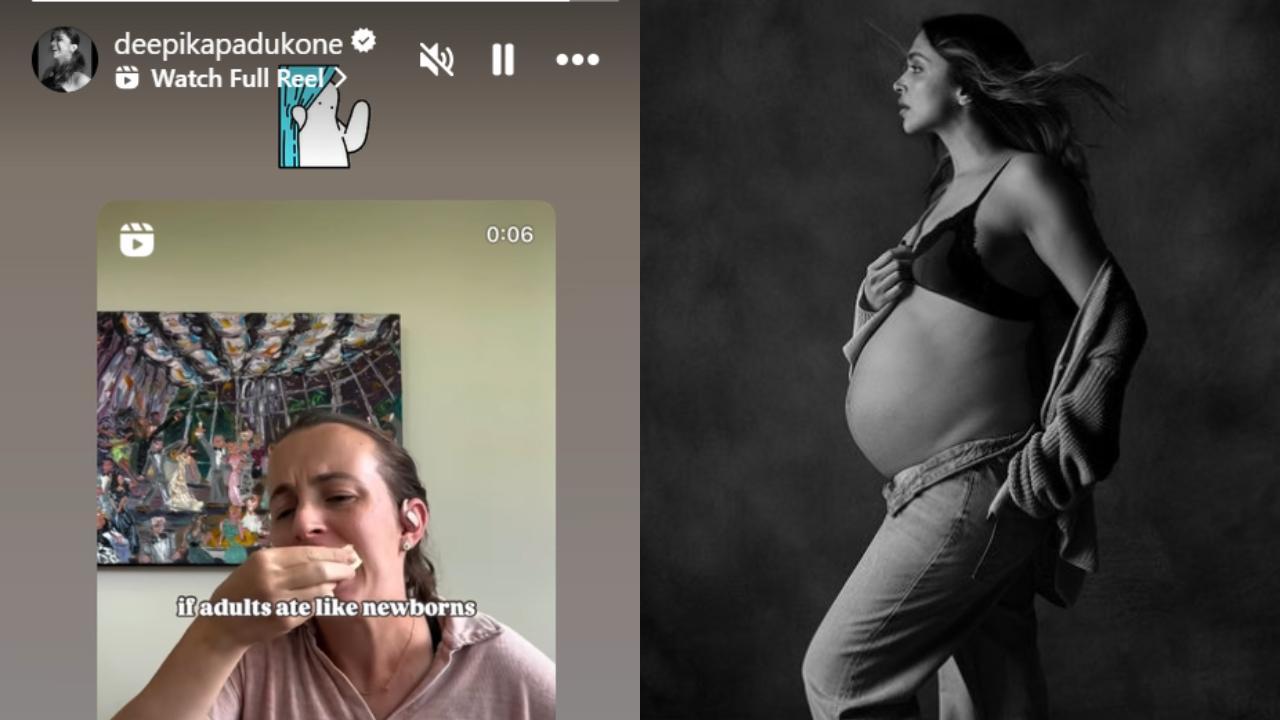“No one can tell you not to create. You must create,” Academy Award nominee Colman Domingo told a crowd of Arkansas-based filmmakers and fans during Variety’s Southern Storytellers panel at the Filmland festival and conference in Little Rock. Co-founder of Filmland (and director of 1960s motorcycle club saga “ The Bikeriders ”) Jeff Nichols presented Domingo with the event’s inaugural Southern Storytellers Award, before joining Variety chief film critic Peter Debruge in steering a wide-ranging conversation about the craft with Domingo and half a dozen other writers, directors and producers.
On the prison-set, rehabilitation-through-art drama “ Sing Sing ,” which screened the same day, Domingo served as a producer alongside fellow panelists Clint Bentley and Monique Walton. All three shared how their careers had started, explaining that while storytelling may not be the most stable career, they’ve all learned to “hustle” to sustain it. “I don’t like the word ‘struggle,’” Domingo said, recalling a conversation when somebody told him, “I remember when you were a struggling actor.

” The description caught him off-guard. “I said, ‘You do? Because I don’t.’ I’d never considered myself a struggling actor, because I feel like that language sounds hard,” Domingo said.
“I’m not grinding. I’m actually doing the work, and it’s exciting, and it’s not negative.” He identifies more with the word “hustle”: “I had a few jobs.
I still have a few jobs. The hustle hasn’t left me.” According to Domingo, the difference was that “I divorced myself from the outcome.
And so much has rained down beautifully on my career and reinvigorated it in a different way.” Speaking of hustle, “Hustle & Flow” director Craig Brewer described his own struggles to get his first two features off the ground. Visiting Little Rock from his nearby hometown of Memphis, Tenn.
, Brewer explained how he and screenwriter Shaye Ogbonna found the central idea for his new miniseries, “Fight Night: The Million Dollar Heist,” the first installment of which screened at Filmland in advance of its Sept. 5 premiere on Peacock. For Brewer, the eureka moment came when he and Ogbonna realized, “This is a movie about these African American gangsters coming from the North to the South, and this one Southern Black man saying, ‘I could be just as good as all of this.
’” Suddenly, what had been a more straightforward crime story took on a more nuanced focus. “I didn’t know that there was that kind of a regional specificity in race,” said Brewer, who is white. “And suddenly, the pen just started moving,” as he and Ogbonna reshaped “Fight Night” around that dynamic, as he found himself asking Ogbonna, “Is this movie kind of about North and South in this kind of abstract way? .
.. Is that what Chicken Man [Kevin Hart’s character] is experiencing?” Filmmaker Michael Schwartz, who co-directed “Peanut Butter Falcon” with Tyler Nilson, brought his latest project, the Cuba-set “Los Frikis” to Filmland.
In the film, desperate members of a local punk band inject themselves with HIV in order to qualify for housing in a state-run treatment facility. Schwartz learned Spanish in order to make the film, casting Cuban actors and enlisting others with Cuban ties (such as “Spider-Man: Into the Spider-Verse” producer Phil Lord) to assist with authenticity. “There’s autobiography, there’s journalism, and there’s everything in between.
Recently, there’s been a conversation of what filmmakers are allowed to tell what story, and journalists have come into the conversation and said some things that I found really interesting,” Schwartz explained. “Sometimes an outside perspective is important to sort of crack what a story is for the rest of the world and to be that translation. I think a journalistic approach to telling a story, when done with empathy and done consciously and in collaboration, is a really valid way to tell a story.
” Nichols, who dreams of adapting “The Yankee Comandante,” a story by “The Killers of the Flower Moon” author David Grann about an American who fought in the Cuban revolution, personally invited “Los Frikis” to play the festival. “I am stuck in the middle of a Cormac McCarthy adaptation right now that is about perception and reality, and I’ve been thinking about this subject a lot,” Nichols said. “Reality is a very tricky thing.
It all depends on our own perception of it and where we’re coming at it from. ..
. But the truth is when I put this lens in front of it, it’s going to distort it, it’s going to skew it, because my point of view is different.” Nichols’ advice to the room was, “Just be honest to the way you see a story.
” In his view, it’s vital that storytellers have a point of view to begin with, but also that they try to recognize what that perspective is and how it impacts the material. “If as a storyteller, I was tasked with only creating characters that were deep reflections of just me, then there’s only so many stories I can actually tell,” agreed Christy Hall, director of “ Daddio ,” in which Sean Penn plays a brusque New York taxi driver. According to Hall, during publicity for the film, Penn stressed that he hadn’t improvised at all, but was following Hall’s script to the word.
“I listen to how people speak and I’m curious about the world, and even beyond that, there’s a foulmouthed cabbie living inside me,” she said. The idea for “Daddio” was inspired by something the Oklahoma-born writer experienced while living in New York City. She was falling in love with the city and wanted to write about the people she was meeting there.
One night at a bar, she described on the panel, “I remember the guy sitting next to me was kind of flirting with me, and as a joke, he leaned in, he nodded at [a woman at the other end of the bar], he rolled his eyes and he said, ‘ Daddy issues .’” As Hall told it, “I just had such immediate compassion for her, because I saw myself in her, and I walked home just feeling outside of my body, [thinking] ‘Well, could we dare to tell that story, but through the lens of empathy?’” An Army veteran whose debut feature, SXSW audience prize winner “ My Dead Friend Zoe ,” was informed by his military service and the epidemic of comrades he’d lost to suicide, writer-director Kyle Hausmann-Stokes drew from personal experience when crafting the project. For him, correcting clichés about veterans drove him to make the film in the first place.
“I don’t want anyone’s pity. I know that we collectively don’t want anyone’s pity,” Hausmann-Stokes said. And yet, statistically, 19 veterans die a day.
“Like anybody who comes from a certain group of people, we don’t like tropes or stereotypes. I don’t like how when people think of veterans, they’re like..
. ‘Thank you for your service. I hope your PTSD is going well.
’ That’s just so not the case for everybody.” As much as possible, Hausmann-Stokes cast the film with actors who had served in the military, including Morgan Freeman. He instinctively realized that film would be a good way to spark a necessary conversation about PTSD, but he also believes that the experience should be engaging.
“It’s entertainment, it’s a ride,” he said, explaining how he conceived the film’s M. Night Shyamalan-esque twist to drive home the underlying message, which was crucial, “especially when we’re going to talk about something that maybe might be heavy or melodramatic.” The emotional responses to each of the projects screened at Filmland showed that each approach was valid in its own way.
“If we all just line up and say that one form of storytelling is the only valid form, we lose the other ones,” Schwartz warned. “If we go back even to the Greeks and civilizations beforehand, these stories are valuable. It’s where a civilization finds its morality, it’s how it comes to know itself.
”.



















